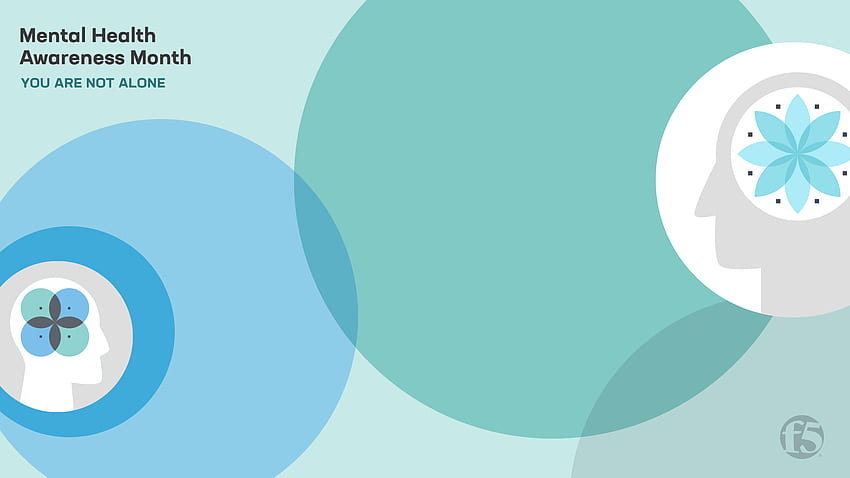
Welcome to the journey of unraveling the shadows that shroud the realms of counseling for depression and addiction. In the midst of life’s challenges, it is not uncommon to find solace in seeking support and guidance through counseling and therapy. These avenues offer a beacon of hope for those grappling with the weight of depression and the tangled web of addiction.
Depression and addiction, integral aspects of mental health, can cast formidable shadows over one’s life. However, with the aid of counseling and therapy, individuals are empowered to navigate these tumultuous terrains with a sense of purpose and renewed vitality. Join us as we delve deeper into the transformative power of seeking assistance in the battle against these formidable adversaries.
The Role of Counseling in Addressing Depression and Addiction
Counseling serves as a crucial pillar in the journey towards healing from depression and addiction. It provides a safe space for individuals to openly express their thoughts and emotions, fostering a sense of understanding and empathy. Through counseling, individuals can explore the underlying causes of their struggles, gaining insight into their patterns of behavior and thought processes.
Therapists offer invaluable support and guidance, equipping individuals with coping mechanisms and strategies to manage their symptoms effectively. By working collaboratively with a counselor, individuals can develop a deeper awareness of their triggers and learn how to navigate challenging situations with resilience. Counseling empowers individuals to cultivate self-compassion and self-awareness, fostering a sense of agency in their recovery journey.
Moreover, counseling plays a pivotal role in breaking the cycle of shame and stigma associated with depression and addiction. By fostering a non-judgmental and compassionate environment, therapists create a space where individuals can confront their innermost struggles without fear of condemnation. Through the therapeutic process, individuals can reframe negative beliefs and cultivate a more positive outlook on their experiences, paving the way for lasting healing and growth.
Family
Navigating Therapy Options
In the journey to address depression and addiction, exploring different therapy options is crucial. Counseling offers a safe space for individuals to openly express their emotions and struggles. Cognitive Behavioral Therapy (CBT) is an effective approach that focuses on changing negative thought patterns and behaviors. It equips individuals with coping mechanisms to manage depression and addiction triggers.
Another valuable therapy option is Dialectical Behavior Therapy (DBT), which combines individual and group therapy. DBT teaches mindfulness, emotion regulation, and interpersonal effectiveness skills. This holistic approach helps individuals develop a greater sense of self-awareness and emotional resilience, essential in navigating the challenges posed by depression and addiction.
In addition to traditional therapy approaches, holistic therapies like art therapy and yoga can also complement the healing journey. These alternative therapies engage individuals in creative expression and mindfulness practices, promoting self-discovery and emotional release. By incorporating a variety of therapy options, individuals can tailor their treatment plan to best suit their unique needs and preferences.
Understanding the Link Between Depression and Addiction
In many cases, individuals struggling with depression may turn to substance abuse as a way to self-medicate and cope with overwhelming emotions. The temporary relief provided by drugs or alcohol can create a cycle of dependency, exacerbating feelings of hopelessness and despair associated with depression. This link between depression and addiction highlights the importance of addressing underlying mental health issues in addiction treatment.
Moreover, the presence of addiction can further complicate the course of depression, making it harder for individuals to engage in proactive coping strategies. Substance abuse can alter brain chemistry, intensifying feelings of sadness and anxiety. This can create a vicious cycle where depression fuels addiction, and addiction worsens depression, underscoring the need for integrated treatment approaches that address both conditions simultaneously.
By recognizing the interconnected nature of depression and addiction, counselors and therapists can provide more effective support to individuals facing these challenges. Approaches that address co-occurring disorders can help break the cycle of self-destructive behaviors and provide clients with the tools and coping skills needed to manage their mental health and substance use concerns effectively.



